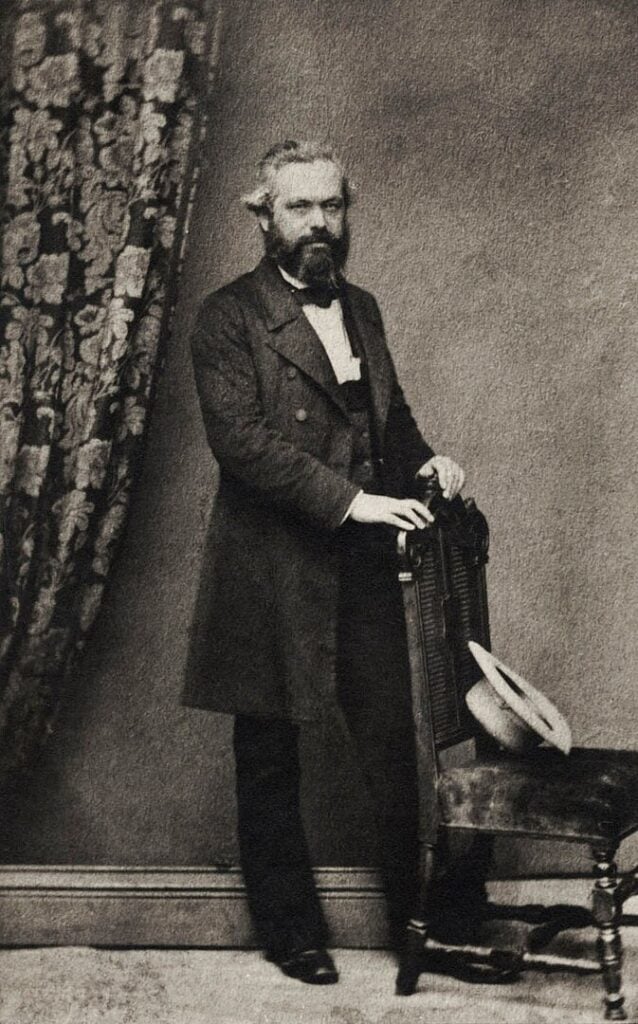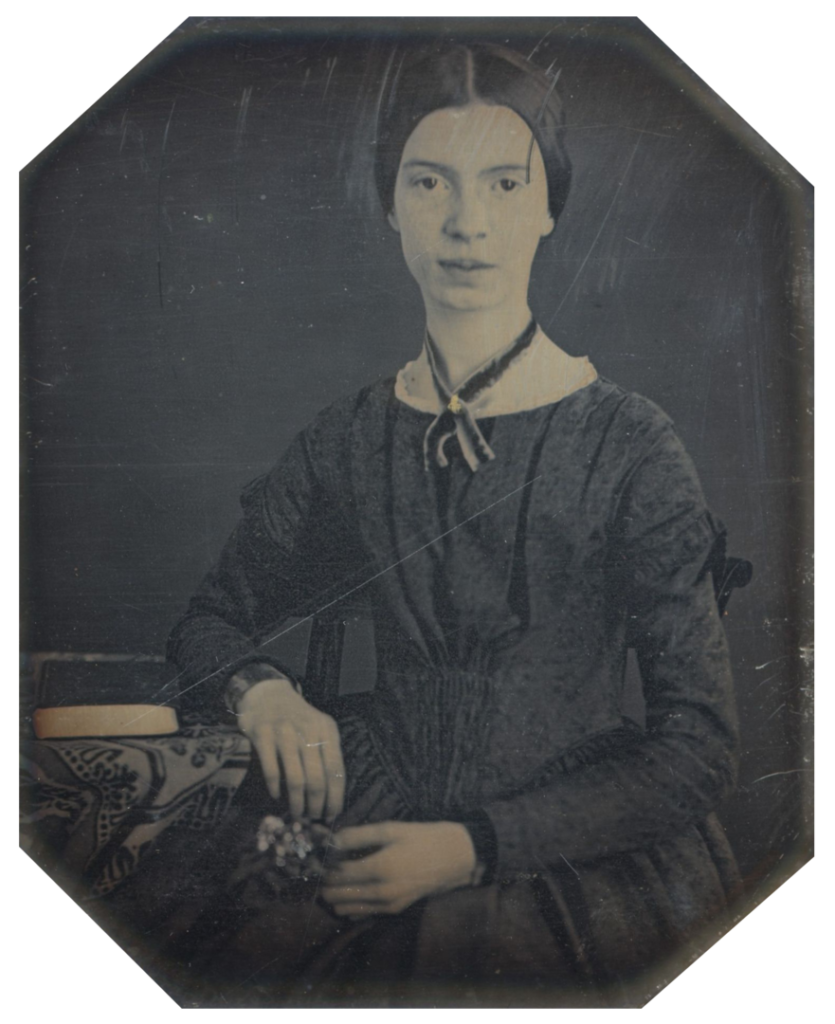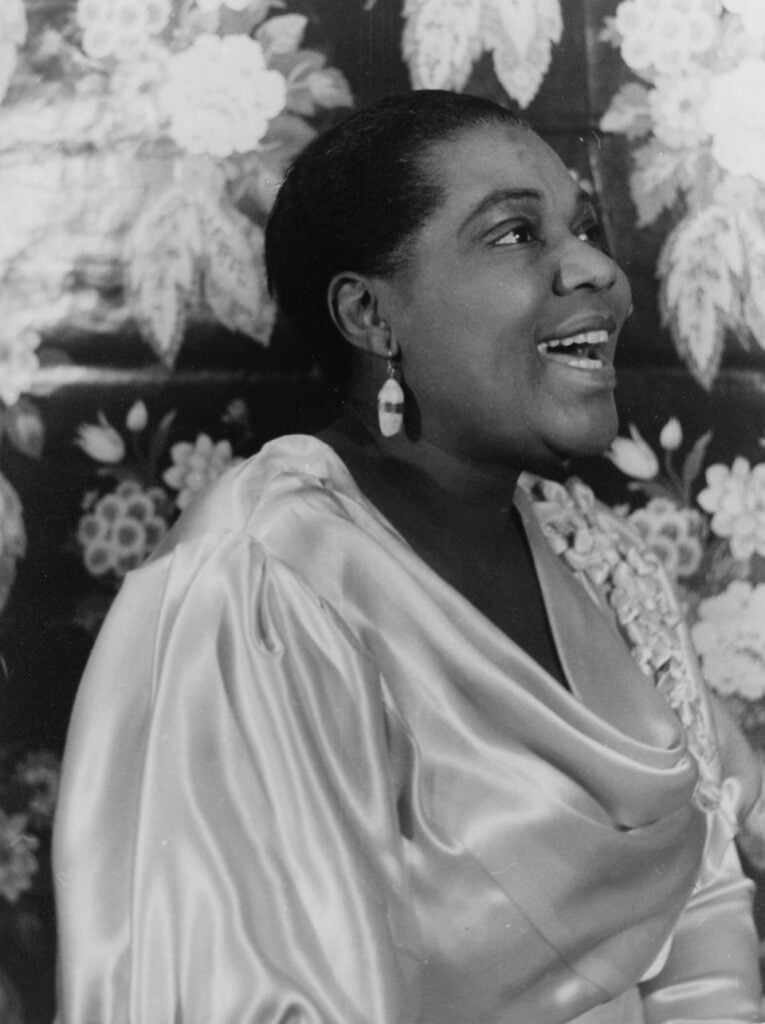What they said right before dying will stay with you long after you finish reading.

Some words stay with you forever—especially when they’re the very last someone ever spoke. There’s something deeply human about wanting to know what people say at the edge of life. Those final moments pull back the curtain, even if just for a second, revealing raw truth, regret, wisdom, or peace. It’s not always profound, and it’s not always poetic—but it’s always real. That’s what makes last words so unforgettable. They have the power to move us, haunt us, or even make us rethink everything we thought we knew about someone.
1. Steve Jobs’ last words were, “Oh wow. Oh wow. Oh wow.”

Steve Jobs changed the world with Apple, Pixar, and his unrelenting pursuit of innovation. Known for being both visionary and intense, he revolutionized how we communicate, work, and consume media. But in the end, even the tech titan was powerless against illness. Jobs died of complications from a rare form of pancreatic cancer in 2011, surrounded by family. His sister, Mona Simpson, shared that his final words—spoken with a sense of wonder—were repeated three times, as if he saw something none of us could, says Chenda Ngak, reporting for CBS News.
2. Winston Churchill said, “I’m bored with it all.”

Winston Churchill was a wartime leader who carried Britain through its darkest hours in World War II. He was known for his fierce speeches, bulldog tenacity, and razor-sharp wit. But behind the larger-than-life persona was a man who had seen more than his fair share of struggle. In his final years, Churchill’s health declined, and after suffering a stroke in 1965, he slipped into a coma. Just before that, according to writers at Wikipedia, his final words were laced with a quiet, biting honesty: “I’m bored with it all.” Not dramatic. Not tearful. Just blunt.
3. Elvis Presley said, “I’m going to the bathroom to read.”

The King of Rock and Roll was a larger-than-life figure, adored around the world for his voice, charisma, and rebellious charm. But by the end of his life in 1977, Elvis was struggling—physically, emotionally, and mentally. His health had deteriorated significantly due to prescription drug abuse, and he was living in relative seclusion at Graceland. On the day he died, Elvis told his fiancée Ginger Alden he was heading to the bathroom to read, writes Jane Lavender in an article for The Mirror. A simple, everyday phrase. Just an ordinary sentence from a man whose life had been anything but. Moments later, he was found unresponsive.
4. Bob Marley said, “Money can’t buy life.”

Bob Marley was more than just a reggae legend—he was a global symbol of peace, unity, and resistance. His music carried messages that transcended culture, language, and borders. Diagnosed with melanoma that spread throughout his body, Marley fought the illness for years before passing away at just 36. Says Andrew Amelinckx in an article for the Grunge, as he lay dying in Miami, his final words were spoken to his son Ziggy: “Money can’t buy life.” It’s a brutally honest truth from a man who could’ve easily been bitter.
5. Leonardo da Vinci said, “I have offended God and mankind because my work did not reach the quality it should have.”

Leonardo da Vinci was a polymath whose brilliance spanned art, science, anatomy, and invention. He painted the Mona Lisa, designed early versions of flying machines, and filled notebooks with ideas that were centuries ahead of their time. But even he wasn’t immune to self-doubt. On his deathbed in 1519, da Vinci reportedly said he felt he had let both God and humanity down because his work wasn’t good enough. Can you imagine? One of the most revered minds in history believing he hadn’t done enough.
6. Marie Antoinette said, “Pardon me, sir. I didn’t mean to.”

Marie Antoinette, the last queen of France before the revolution, lived a life of opulence and scandal—at least in the public’s eye. Known for the infamous (though likely misattributed) line, “Let them eat cake,” she became a symbol of privilege during a time of brutal inequality. When the tides turned, she was imprisoned, tried, and sentenced to death by guillotine. As she was being led to her execution in 1793, she accidentally stepped on her executioner’s foot. Her last words were an apology: “Pardon me, sir. I didn’t mean to.”
7. John Lennon said, “I’m shot.”

John Lennon, the voice of a generation and co-founder of The Beatles, was a symbol of peace, love, and rebellion. On December 8, 1980, Lennon was walking into his New York City apartment when he was gunned down by a deranged fan. His final words weren’t poetic or planned. They were raw, shocked, and tragic: “I’m shot.” Spoken as he collapsed in front of the doorman, they captured the horror of that moment in its purest form.
8. Frank Sinatra said, “I’m losing.”

Frank Sinatra was a man who seemed invincible—charming, smooth, and legendary in every sense of the word. From swing-era crooner to Rat Pack icon, he lived a life filled with music, fame, and flair. But by 1998, his health was failing, and he suffered a series of heart attacks. His final words to his wife Barbara were quiet, simple, and uncharacteristically vulnerable: “I’m losing.”
9. Princess Diana said, “Oh my God. What’s happened?”

Princess Diana was beloved around the world for her compassion, beauty, and willingness to break royal norms. Her tragic death in a Paris car crash in 1997 shocked the globe. Reports from first responders revealed her final words were, “Oh my God. What’s happened?” Uttered as she lay injured in the wreckage, those words reflected confusion, pain, and fear. Diana had always seemed larger than life—graceful, untouchable, iconic. But in that final moment, she was simply human.
10. Karl Marx said, “Last words are for fools who haven’t said enough.”

Karl Marx, the political thinker behind The Communist Manifesto, was never one to sugarcoat his opinions. Known for challenging the capitalist status quo and inspiring revolutions, he had no time for sentimentality. As he lay dying in 1883, his housekeeper asked if he wanted to share any final words. His response? “Last words are for fools who haven’t said enough.” It was harsh, blunt, and completely on-brand.
11. Emily Dickinson said, “I must go in, the fog is rising.”

Emily Dickinson was a reclusive poet whose work often wrestled with themes of death, nature, and the inner world. During her life, she published very little, but after her death in 1886, she became one of the most important voices in American literature. As her health declined due to Bright’s disease, Dickinson spent much of her time in isolation at her home in Amherst, Massachusetts. Her final recorded words were almost poetic themselves: “I must go in, the fog is rising.”
12. Nostradamus said, “You will not find me alive at sunrise.”

Nostradamus, the famed 16th-century French astrologer and seer, was known for his cryptic prophecies that people still pore over today. His predictions have sparked endless debate and fascination for centuries. Near the end of his life in 1566, he was reportedly in failing health and bedridden. On the night before his death, he allegedly told his secretary, “You will not find me alive at sunrise.” Sure enough, he was gone the next morning. Whether you believe in prophecy or not, it’s eerie how accurately he called it.
13. Bessie Smith said, “I’m going, but I’m going in the name of the Lord.”

Bessie Smith was known as the Empress of the Blues—a powerhouse singer who broke barriers and paved the way for generations of artists. With her deep, soulful voice, she brought emotion to every performance and earned a reputation as one of the greatest vocalists of her time. In 1937, she was critically injured in a car crash while traveling with her partner in Mississippi.
As doctors tried to save her, she reportedly said, “I’m going, but I’m going in the name of the Lord.” Those words reflected her roots in faith and resilience, even in the face of death. They weren’t fearful or uncertain—they were steady, almost defiant. It’s as if she was reminding the world that even in her final breath, she still had strength, soul, and purpose. Her last words feel like a blues anthem in themselves—full of grit, grace, and unshakable spirit.
